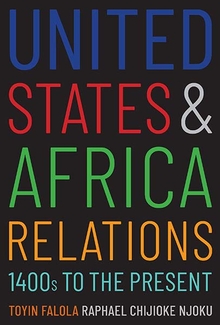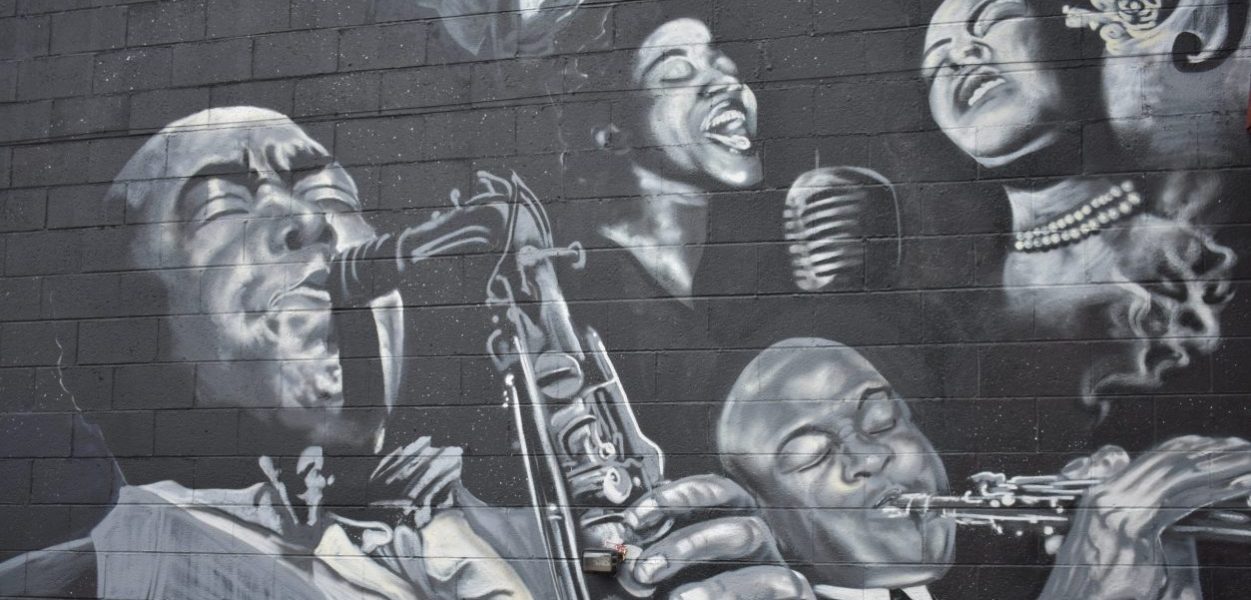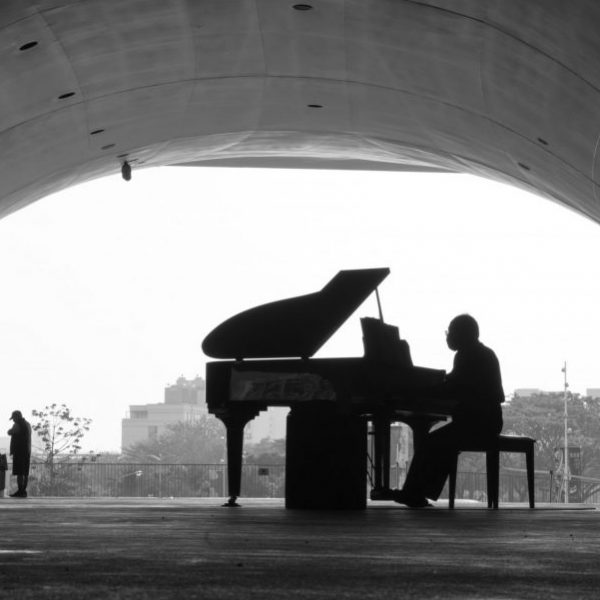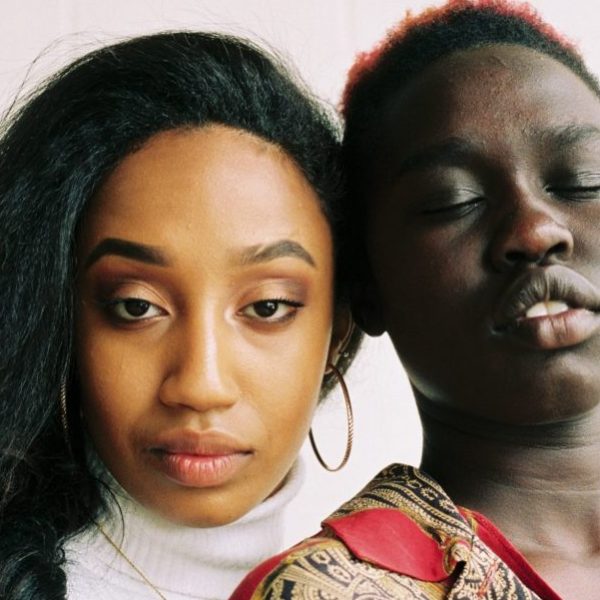Cultural Exchanges and Trans-Atlantic Bonds: African Music and the Evolution of Blues and Jazz
Toyin Falola and Raphael Chijioke Njoku—
The subject of Black music and its African cultural roots is arguably one of the most engaging topics in contemporary Africana studies, cultural anthropology, and ethnomusicology. It is compelling because the record of successes attained by Black music artists across the world is one of the best testaments of African genius. Music and dance in the African world constitute a unique cultural invention that racial prejudice and oppression cannot smother. Rather than destroying it, American plantation slavery and its culture of despoliation strengthened Black music. Under slavery, music was not just a coping mechanism amid coercion; it was also a repertoire of knowledge, an intellectual tradition, and an outlet for those suppressed thoughts and emotions that found alternative expressive outlets in the forms of blues and jazz.
Academic interest in Black music as a field of analysis goes back to the early twentieth century, following the works of pioneering Black intellectuals such as W. E. B. Du Bois in the United States and Fernando Ortiz in Cuba. These writers were interested in the importation of African praxes to the Americas. In The Souls of Black Folk, Du Bois presented an engaging disquisition on the aesthetic threads and religious ideas that Africans in the United States retained from their African roots. Concurrently with Du Bois, Ortiz completed a study of the customs of Cuba’s diverse African ethnicities, which culminated in the publication of his controversial work Hampa afro-
On the strength of Du Bois, Ortiz, and others whose studies focused on cultural retentions, African American cultural pride and tractions culminated in the Harlem Renaissance, the golden age of Black cultural revivals that began in the 1920s. At the same time, the anthropological works launched by Melville Jean Herskovits in the late 1920s aimed to dispel wrong notions that being African was synonymous with subordination and cultural limitations. As African Americans unleashed their creativity in the performing arts in cities like New York and Chicago, Herskovits’s works, synchronized with those of other anthropologists, offered a global philosophy and system of sacred beliefs that established and affirmed that a continuum existed among African practices reinvented in the Americas. A worldwide network of scholars, including Ortiz (Cuba), Nina Rodríguez (Brazil), Gonzalo Aguirre Beltrán (Mexico), and Herskovits (United States), investigated African cultures and African-descended people in the Americas. They extended their findings to other locations and inspired others who started investigating African-themed cultural ideas in Asia and Europe. These pioneers followed the examples of Du Bois and Ortiz and ultimately instituted contexts in which they and others were able to carry out comparative research on African continuities in the Americas. Simply put, these pioneers “were important catalysts, nurturing future generations of researchers and promulgators of the importance of African diaspora studies.”
Toyin Falola is the Jacob and Frances Sanger Mossiker Chair in the Humanities at the University of Texas, Austin. Raphael Chijioke Njoku is Director and Department Chair of Global Studies and Languages at Idaho State University.
Further Reading:



























